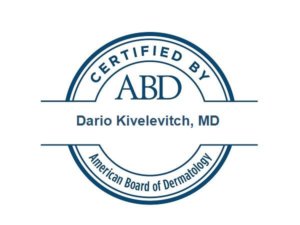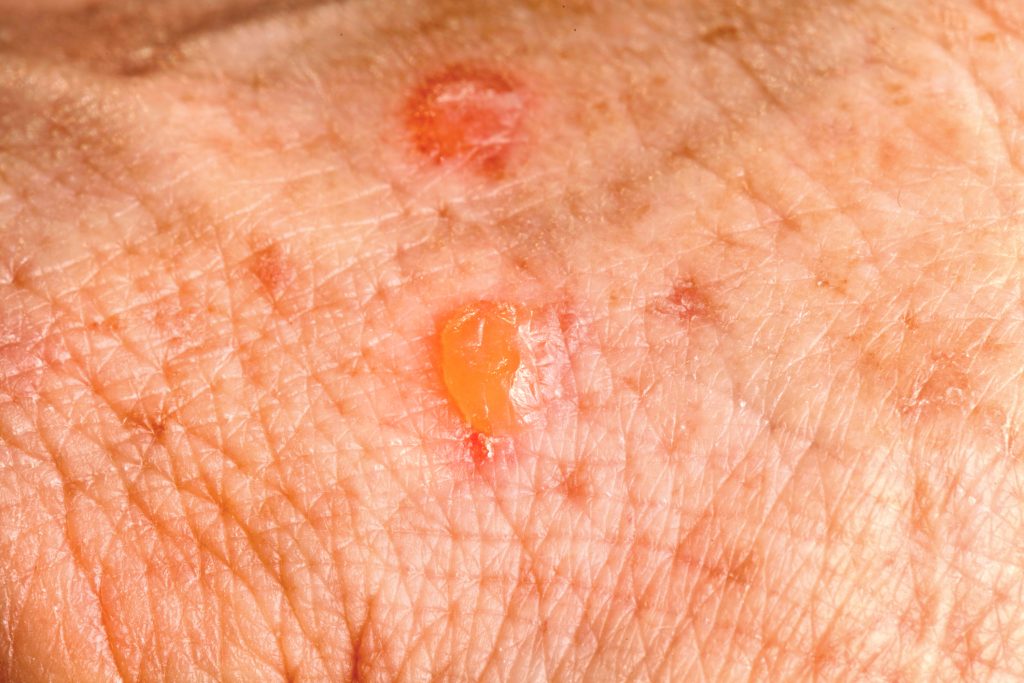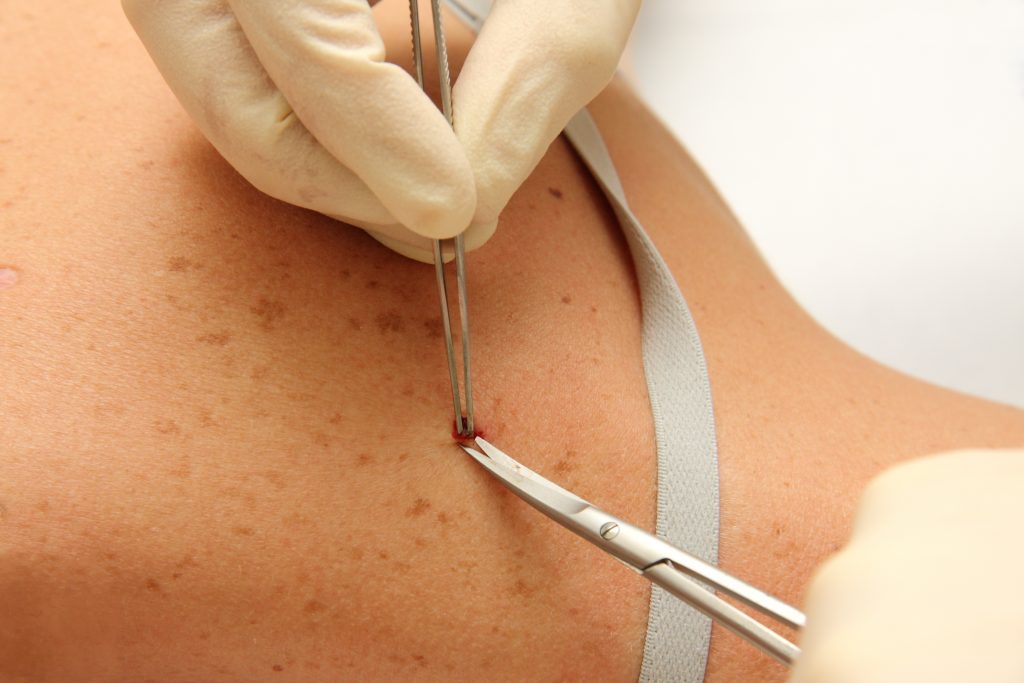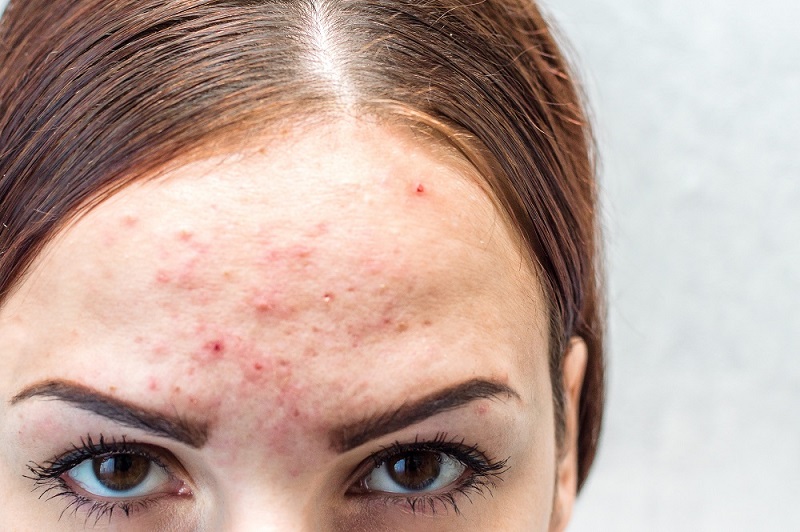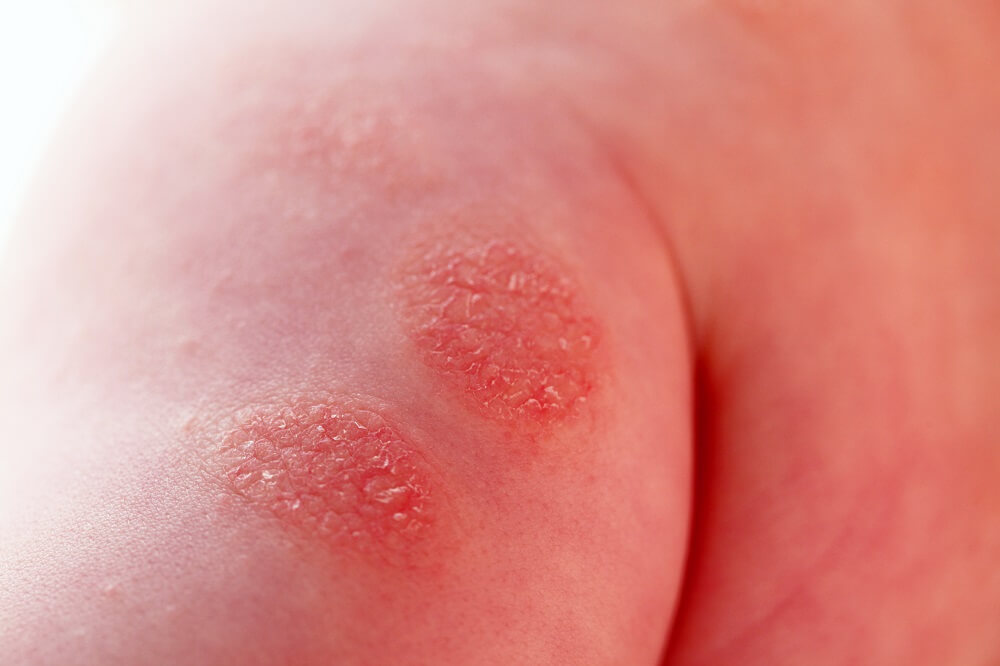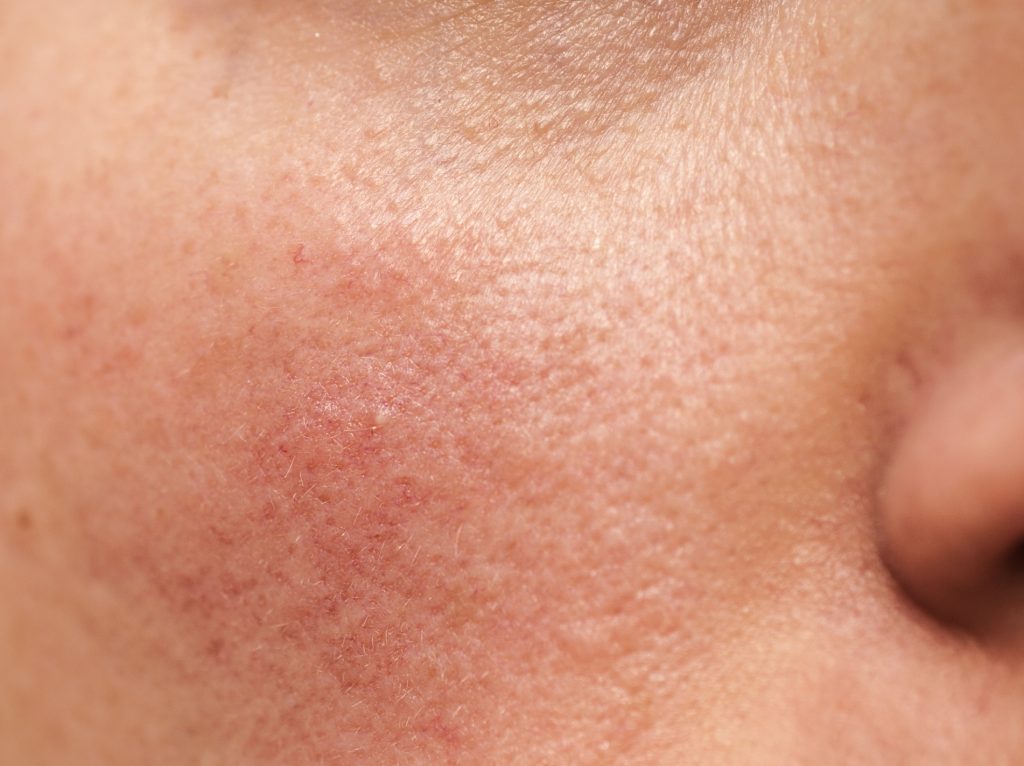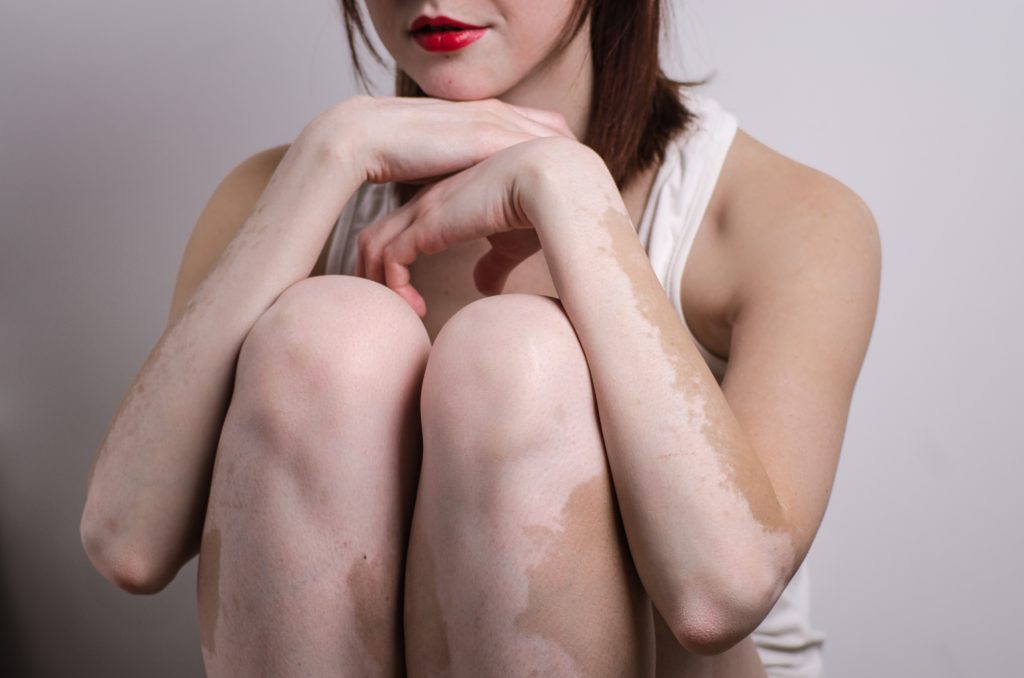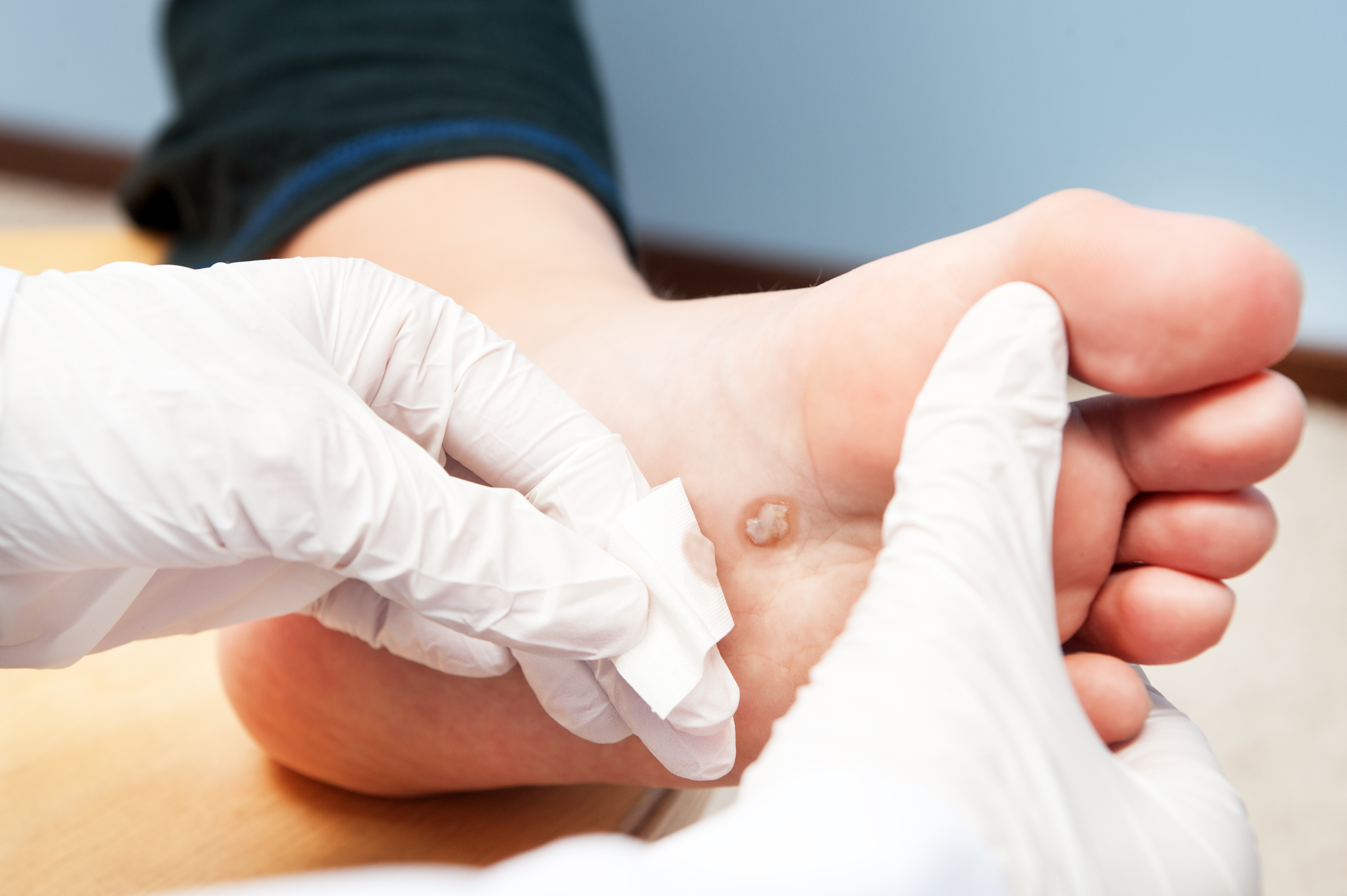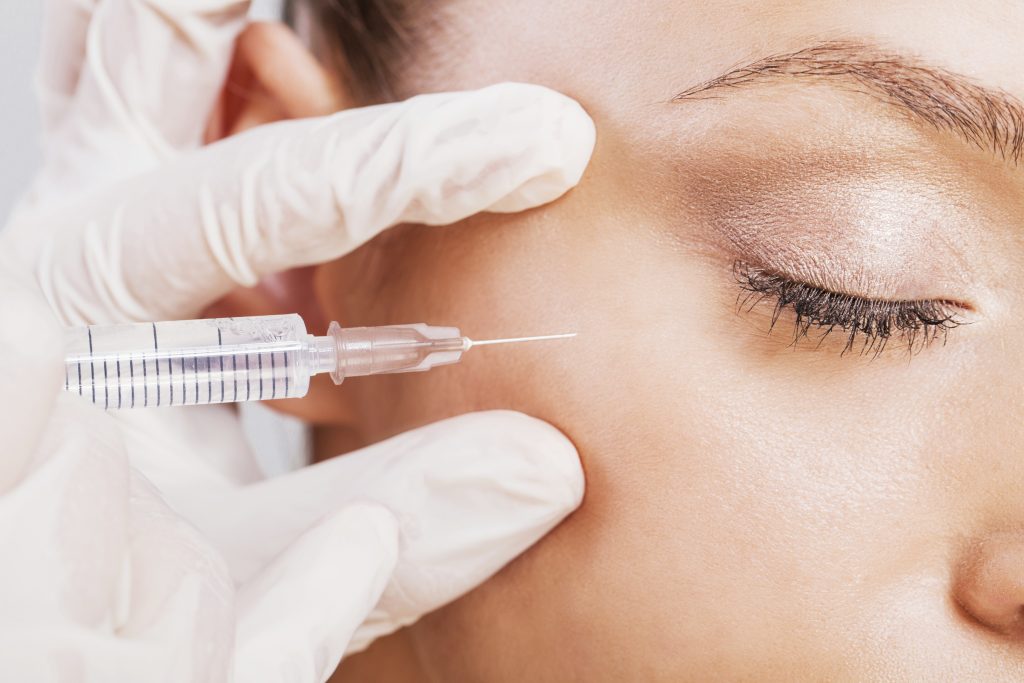Dario Kivelevitch, MD, FAAD
Board-Certified Dermatologist
Fellow of the American Academy of Dermatology
Dr. Dario Kivelevitch was born in Buenos Aires, Argentina, and completed his medical degree at the University of Buenos Aires. He graduated in 2000, completing a residency in both internal medicine and dermatology in Buenos Aires.
Following his training, he became Assistant Professor of Dermatology and Internal Medicine at the University of Buenos Aires. Dr. Kivelevitch has been involved in psoriasis research early in his dermatology career. In 2013, he accepted a two-year translational research fellowship at the Baylor Institute for Immunology Research in Dallas, Texas. He retrained in dermatology through the Baylor Dermatology Residency Program and graduated as chief resident in June 2018.
Dr. Kivelevitch has published over 30 articles in peer-reviewed medical journals, such as Circulation and The Lancet. He has received several awards for his research and has presented his research findings to highly-esteemed audiences at numerous national and international medical conferences. The majority of his research has focused on the immunobiology of psoriasis and psoriasis therapy.
His areas of clinical interest include psoriasis, alopecia (hair loss), atopic dermatitis (eczema), contact dermatitis, acne, lupus, and skin cancer. His areas of interest in cosmetic dermatology include facial rejuvenation, neuromodulators, and injectable fillers. Dr. Kivelevitch treats patients at our Dallas Presbyterian office.
Additional Languages
-
Spanish
Featured Blogs
Clinic Locations
Insurance Plans Accepted By Dario Kivelevitch, MD
- Aetna
- Ambetter
- Americas Choice Provider Network (ACPN)
- Amerigroup
- Blue Cross Blue Shield (BCBS)
- CareNCare
- Christus
- Cigna
- Devoted Health
- Health Smart
- Healthcare Highways
- Humana
- Independent Medical Systems (IMS)
- Medicare
- Multiplan
- Oscar Health
- Private Healthcare Systems (PHCS)
- Provider Select
- Railroad Medicare
- Scott & White Health Plan
- Three Rivers Provider Network (TRPN)
- Tricare
- TriWest Healthcare Alliance (TriWest)
- United Healthcare (UHC)
- WellMed
Dario Kivelevitch, MD accepts most major insurance plans. If your plan is not listed above, please contact the office to verify coverage.
What Our Patients Say
Source : Healthgrades – Apr 17, 2024
Source : Healthgrades – Apr 03, 2024
Source : Healthgrades – Mar 05, 2024


